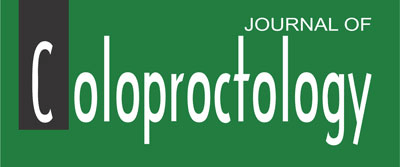Abstract
Introduction
Ulcerative colitis (UC) is an inflammatory bowel disease that causes long-lasting inflammation and ulcers within the digestive tract. This study aims to determine the histochemical alteration of Salvia officinalis (sage), an anti-inflammatory and antioxidant herbal agent on UC.
Materials and Methods
The disease was induced in 37 Sprague-Dawley rats with 2 mL of 3% acetic-acid (AA) enema. The rats were divided into five groups: a control group (AA), two 5-aminosalicylic (5-ASA) groups treated either orally (AO) or rectally (AR) with a dose of 100 mg/kg, and two salvia groups treated with 300mg/kg salvia orally (SO) or rectally (SR). Histopathological analyses of the colon were done on day 7, and markers such as C-reactive protein (CRP), superoxide dismutase (SOD), and complete blood count were measured.
Result
In macroscopic evaluation, the AO group demonstrated the lowest involvement, followed by the SO, SR, AR, and AA groups, respectively (p = 0.01). There was no significant difference between the SO and AO groups (p = 0.10), and the SR and AR groups (p = 0.58). Regarding microscopic histopathological findings, the AO and SO group demonstrated the most satisfactory results, with no significant difference between the AO versus SO, and AR versus SR groups. Inflammation was resolved in all of the AO and SO subjects.
Conclusion
Salvia can be beneficial in the treatment course of UC by inhibiting inflammatory responses, increasing the growth and viability of intestinal mucosa, and its antioxidant effects. Therefore, we propose the prescription of salvia as an adds-on or alternative therapy in the management of UC.
Keywords
treatment protocol; salvia officinalis; ulcerative colitis
